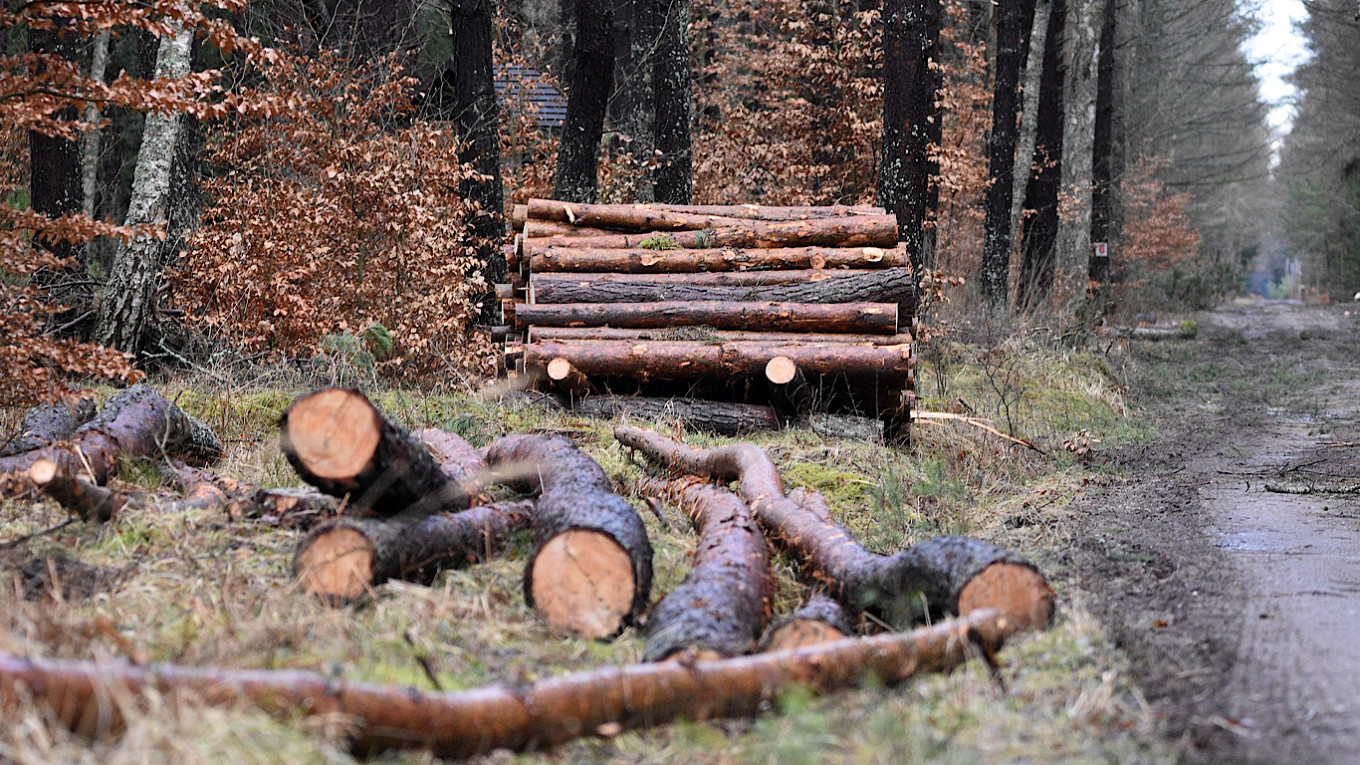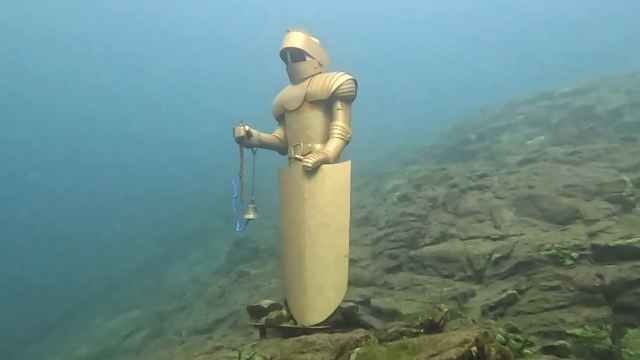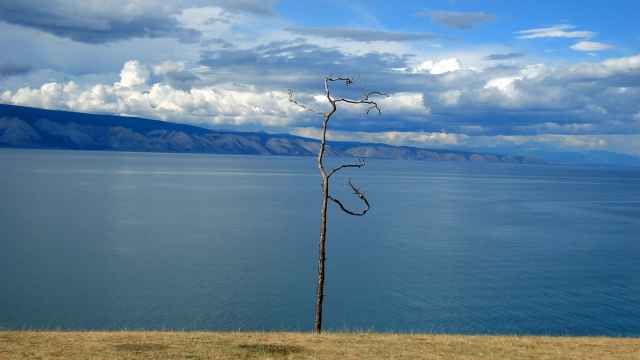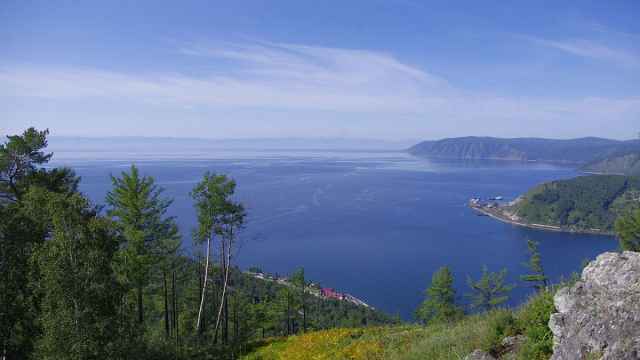A group of 87 Russian scientists has called on President Vladimir Putin to block a controversial bill that would allow clear-cut logging along the shores of Lake Baikal, the Kommersant business newspaper reported Tuesday, citing their collective letter.
The government reportedly signed off on long-stalled amendments this summer, allowing so-called sanitary logging in the area around Baikal — a practice meant to curb damage from fires, pests and other threats. Scientists say they repeatedly raised objections during two years of debate but were ignored.
In July, two environmental protection committees in Russia’s lower-house State Duma demanded that the bill be reworked before lawmakers scheduled votes on passing the amendments.
In their letter, the group of scientists warned Putin that the measure could encourage arson of healthy forests for profit, destabilize soil and pollute the UNESCO-protected lake. They said allowing the removal of felled wood from Baikal’s protected area would effectively commercialize its forests, while artificial reforestation could worsen erosion and wash nutrients into the water.
The letter also criticizes provisions that would allow the construction of tourism infrastructure across more than 4,000 hectares (10,000 acres) of the protected area and remove Baikal’s water protection zone from its ecological buffer. That, the scientists warn, would open shoreline land to development.
It was not immediately clear when the letter to Putin was sent, though 29 senior members of the Russian Academy of Sciences were among its signatories. In July, Russian media reported that academy members had expressed “growing alarm” in a separate letter to State Duma speaker Vyacheslav Volodin.
Russia’s Natural Resources Ministry told Kommersant the bill maintains Baikal’s “highest protective status” and bans commercial logging. It argues that reforestation will combat erosion and that the amendments are needed to build protective facilities and utilities for residents.
Experts remain skeptical, warning that heavy machinery, soil runoff and “forest amnesty” rules will damage Baikal’s ecosystem. They say the bill’s opaque system for reclassifying land risks prioritizes development over conservation.
UNESCO, which granted Baikal World Heritage status in 1996, earlier this year raised concerns over the “uncertain legal protection” of the lake. A Change.org petition against the bill has been signed by more than 115,000 people.
A Message from The Moscow Times:
Dear readers,
We are facing unprecedented challenges. Russia's Prosecutor General's Office has designated The Moscow Times as an "undesirable" organization, criminalizing our work and putting our staff at risk of prosecution. This follows our earlier unjust labeling as a "foreign agent."
These actions are direct attempts to silence independent journalism in Russia. The authorities claim our work "discredits the decisions of the Russian leadership." We see things differently: we strive to provide accurate, unbiased reporting on Russia.
We, the journalists of The Moscow Times, refuse to be silenced. But to continue our work, we need your help.
Your support, no matter how small, makes a world of difference. If you can, please support us monthly starting from just $2. It's quick to set up, and every contribution makes a significant impact.
By supporting The Moscow Times, you're defending open, independent journalism in the face of repression. Thank you for standing with us.
Remind me later.






